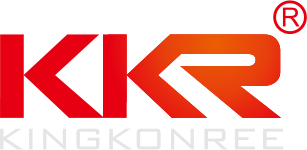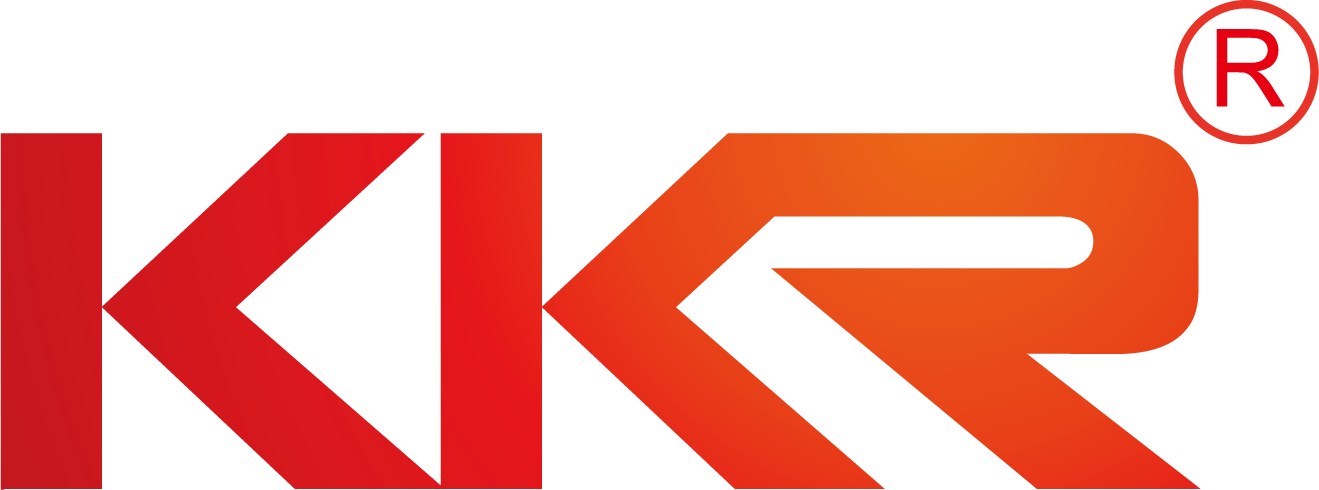 KingKonree - Solid Surface Manufacturer of Sanitary Ware, Solid Surface Countertops & Sheets for over 25 years, innovation in moulding and thermoforming
KingKonree - Solid Surface Manufacturer of Sanitary Ware, Solid Surface Countertops & Sheets for over 25 years, innovation in moulding and thermoforming
Which is better for laboratory ceramic countertops?
Everyone who has been in the laboratory knows that the materials of the test bench in different laboratories are different. For example, there is a big difference between the test bench in the chemical laboratory and the test bench in the physics laboratory. So today, what is better for laboratory ceramic countertops?
The table tops of laboratory equipment products are roughly divided into five materials: 1, phenolic resin, 2, epoxy resin, 3, stainless steel, 4 ,granite.
The table is divided into chemical experiment table, physics experiment table, and biological experiment table.
Physics laboratory tabletop
Physics laboratory tabletop usually chooses phenolic resin composite veneer countertop and natural granite countertop;
1. Composite veneer countertop, Material: 1mm thick phenolic resin special board for physical experiments is selected, which has the characteristics of high temperature resistance, abrasion resistance, and scratch resistance. The base plate is made of high-quality MDF material, and the periphery is sealed with 2.0mm thick PVC material; the composite thickness of the table is 40mm;
2. Natural granite tabletop:
Thickness: high temperature table The choice is 50mm; the sky platform is 50mm;
Features: strong mechanical function and heat resistance function;
The maximum load-bearing capacity is 500kg/m²;
Disadvantages: there is radiation, which is harmful to human health, (based on the test report);
3. Solid core board, material: 12.7mm thick phenolic resin board Physics The special board for experiment has the characteristics of high temperature resistance, abrasion resistance, scratch resistance and anti-static. The total thickness after edge addition is 25.4mm; the peripheral chamfer is R10mm;
Features:
a, has strong wear resistance, impact resistance, pollution resistance, high temperature resistance , Anti-static, no bending;
b, the maximum load-bearing capacity is 300 kg/m2;
c, the temperature resistance can be used in the environment of -50℃~40℃
Chemical laboratory tabletop
Chemical laboratory tabletop usually uses phenolic resin composite veneer tabletop, phenolic resin solid board tabletop, ring Oxygen resin countertops, ceramic countertops;
1. Composite veneer countertops:
The material used is a 1mm thick phenolic resin special board for chemical experiments, the substrate is made of domestic high-quality MDF material, and the bottom is pasted Phenolic resin common fireproof board, the periphery is sealed with 2.0mm thick PVC material; the composite thickness of the countertop is 40mm;
2. Epoxy resin countertop:
The material thickness is 13mm, 20mm , 25mm for choice;
Features: a, 24 hours resistance to strong acid and alkali corrosion; b, strong wear resistance, impact resistance, pollution resistance, no bending; c, the highest high temperature resistance Up to 600℃;
3. Solid core board table top:
The material is a 12.7mm thick phenolic resin board for chemical experiments. The total thickness after adding the edges is 25.4mm; Chamfer R10mm; high temperature resistance does not exceed 135℃.
Biological experiment table
1. Choose 1.2mm thick 316# stainless steel plate, lined with composite plate for filling blockade.
Features: 1. Resistant to organic solvents; 2. Controlling the growth of bacteria and mold; 3. Anti-pollution and easy to clean;
2. Epoxy resin countertops:
The material thickness is 20mm, 25mm for choice;
Features: a, 24 hours resistance to strong acid and alkali corrosion; b, strong wear resistance, impact resistance, pollution resistance, no bending ; C. High temperature resistance up to 600℃;
3. Ceramic countertop: made of natural silicate material, surface corrosion-resistant special glaze treatment, calcined at a high temperature of 1250℃ by a special process, except for hydrofluoric acid Outside (HF), other acid and alkali can not cause harm to it.
After reading the above article introduction, I believe you have some understanding of this issue. Want to help your life?
Company Info
Address:Room No. 2408-2508, Building 5A, Longguang Jiuzuan, Longhua District, Shenzhen, China
Zip Code: 518131
Tel: +86 (0)755-82875700
Fax: +86 (0)755-82875921

